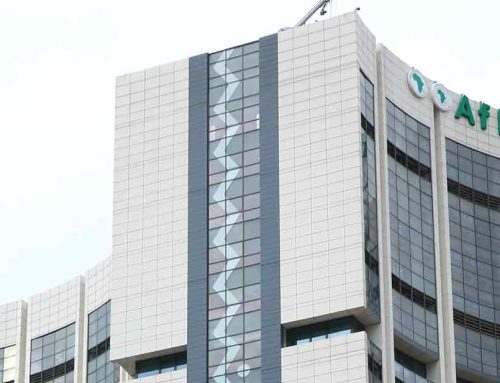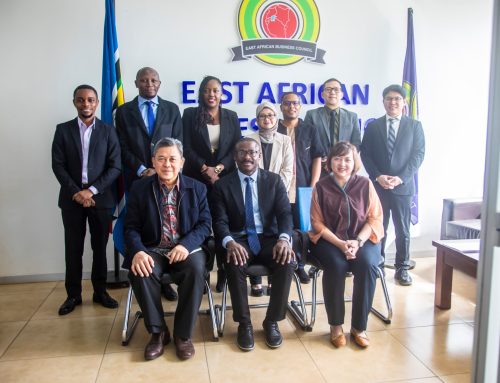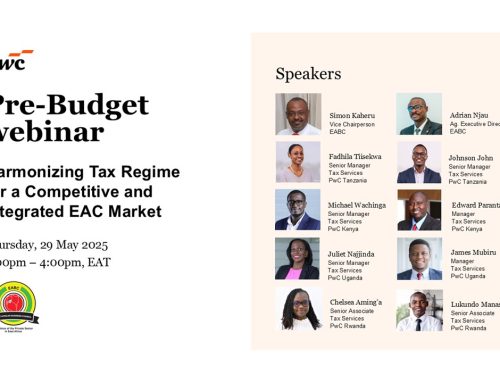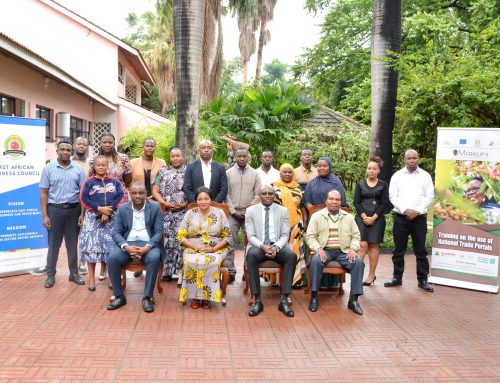- EABC -TMEA Holds Public-Private Dialogue at the Elegu/ Nimule One-Stop Border
Friday, 18th February 2022, Elegu/Nimule: The East African Business Council is urging the Republic of South Sudan to fully implement the EAC Single Customs Territory to spur intra-EAC trade.
Speaking at the EABC -TMEA Public-Private Dialogue at the Elegu/ Nimule One-Stop Border Post, transporters, clearing and forwarding agents and traders explained that delayed implementation of the EAC Single Customs Territory by South Sudan causes delays in the clearance of cargo at the border. The transporters reported that occasionally trucks await clearance for 2 days in the parking yard.
South Sudan join the East African Community in April 2016. In 2020 South Sudan’s export to the EAC Partner States amounted to USD 87million while imports USD 573 million. In 2016 South Sudan export and imports to the EAC Partner States were USD 2.6million and USD 400 million respectively. Uganda imports from South Sudan amounted to USD.86 million in 2020 while exports USD 357 million (International Trade Centre).
The EABC urged the EAC Secretariat to mobilize more resources to support South Sudan to finalize the construction of the One-Stop Border Post (OSBP) and implementation of EAC protocols and commitments in order to facilitate trade. The One-Stop Border Post (OSBP) concept is not operational due to the delays in the construction of the OSBP facility on the South Sudan side.
The Ugandan side of the OSBP facility hosts South Sudan’s customs agency officials only as the integration of other trade facilitation agencies is still pending. Traders called for the adoption of technology and digitalization of the customs system to avoid manual processing of documents by South Sudan customs Officers delaying clearance.
High covid19 testing fees for small scale cross border traders, currently at USD 25 on a daily basis on the Ugandan side; Inadequate knowledge on the Customs procedures by the cross border traders, Delay construction of cross border market to ease business and storage of their merchandise and Long traffic queues at the border on the South Sudan side-impact trading of perishable goods such as fish, bananas and cabbage traded are among the challenges impeding faced by women cross border traders at Elegu/Nimule OSBP.
The women cross-border traders called quick infrastructure improvement and a dedicated desk for women cross-border traders on the South Sudan Side.
Representing EABC CEO, Mr. Lamech Wesonga, EABC Manager Policy & Standards commended South Sudan for waiving visa fees requirements for East Africans. He appreciated the cooperation between South Sudan and Uganda in promoting regional trade and urged South Sudan to fully integrate into the EAC.
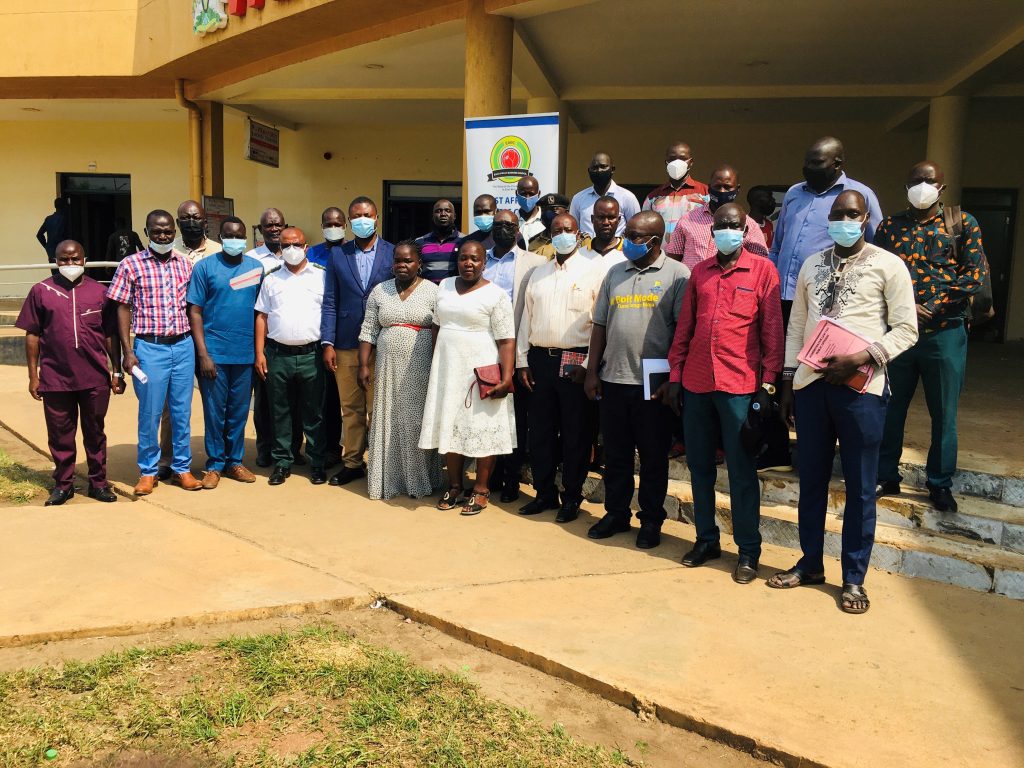
The EABC-TMEA public-private dialogue convened over 40 officials from trade facilitation agencies, importers, exporters, transporters and women cross-border traders to chart out solutions to ease the free movement of persons and cargo at Elegu Nimule OSBP.
Other issues deliberated and raised include:
- Roadblocks on the Ugandan side from Elegu border to Gulu manned by security personnel, about 5 of them for a distance of 100kms
- Irregular meetings of the Joint Border Committee to resolve some of the issues coming from both cross-border traders and the agencies.
- Insufficient knowledge on the Simplified Trade Regime by the Cross border traders as well as the agencies.
- Road infrastructure on Nimule Side needs redevelopment as the Road is narrow to accommodate the growing traffic from the South Sudan side into the Ugandan OSBP facility.
- South Sudan lacks a cargo scanner as they only rely on manual verification which is time-consuming and impacts the turnaround time.
- Private labs in South Sudan are charging USD 50 for testing COVID-19 due to a breakdown in the government facility at the border.
- Manual systems on South Sudan in the clearance of merchandise across the border. This leaves room for corruption tendencies to occur.
- No holding facility for animals that are suspected to have diseases by the inspectors at the border.
- Harassment of cross-border traders by some security personnel such as confiscation of merchandise.
- Lack of capital by cross-border traders especially due to covid19 measures of total lock-downs.


